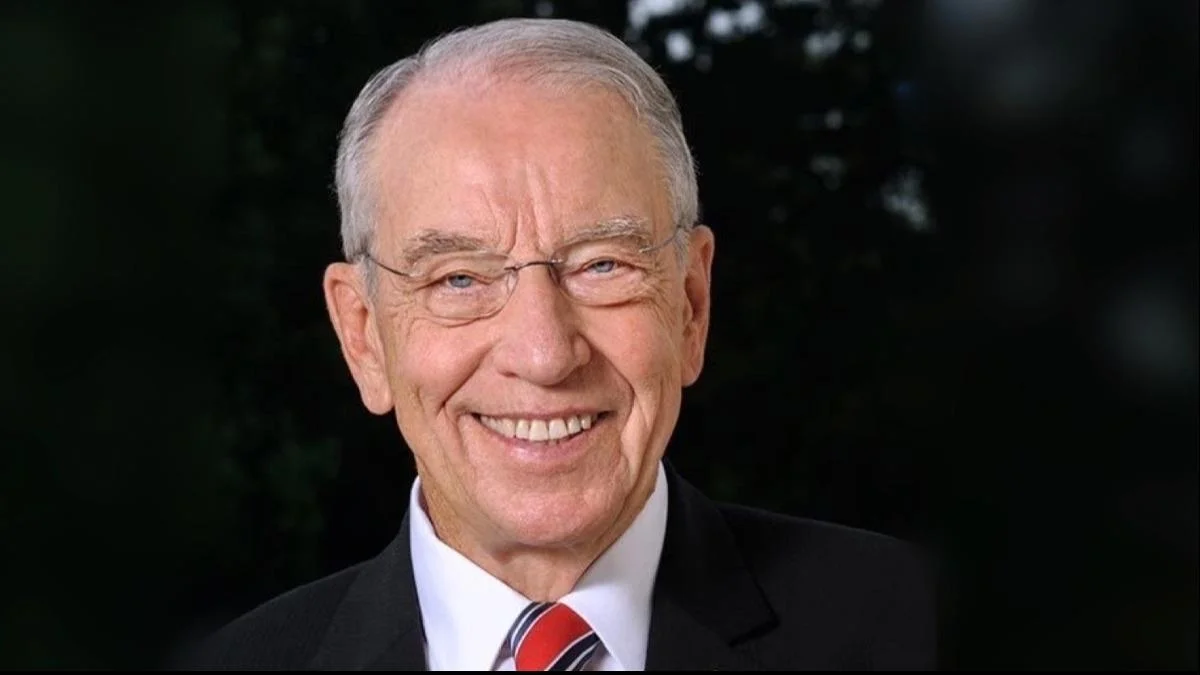Sen. Chuck Grassley - US Senator for Iowa | Official U.S. House headshot
Sen. Chuck Grassley - US Senator for Iowa | Official U.S. House headshot
The One Big Beautiful Bill Act, recently signed into law, has provided U.S. Immigration and Customs Enforcement (ICE) with increased federal funding aimed at bolstering the agency's ability to protect communities across the United States. The legislation was advanced by the Senate Judiciary Committee under Chairman Chuck Grassley (R-Iowa).
“America’s brave ICE officers are putting their own lives on the line to make our communities safer,” said Grassley. “I was proud to secure historic investments in border security and immigration enforcement through Republicans’ One Big Beautiful Bill Act. These measures ensure law enforcement officers have the tools they need to protect American citizens from foreign criminals and terrorists. I applaud ICE for its tireless work to defend our nation.”
With this legislative package, described as the largest border and immigration investment in modern history, resources will be used to improve recruitment and retention of ICE personnel as well as support enforcement operations. According to Grassley, these resources are intended to aid efforts by authorities to arrest individuals identified as dangerous criminal illegal immigrants.
Recent cases highlighted include convictions of illegal immigrant gang members in Texas for nearly 1,700 offenses; convictions of two illegal immigrants in California for kidnapping and sexually assaulting six women; arrests related to child sexual exploitation in New Jersey; apprehension of a drug lord wanted for multiple murders in Florida; an individual wanted for violent crimes in Honduras who was found in Pennsylvania; and other similar cases across Connecticut, Rhode Island, Minnesota, Texas, and Los Angeles.
President Donald Trump signed the bill into law on July 4, 2025. The measure contains judiciary provisions intended to enhance national security, reform immigration procedures, provide more resources for law enforcement agencies, increase protections for families, and address concerns about judicial overreach.
Major law enforcement organizations representing more than 310,000 officers nationwide have expressed support for Grassley's role in advancing the legislation.




 Alerts Sign-up
Alerts Sign-up